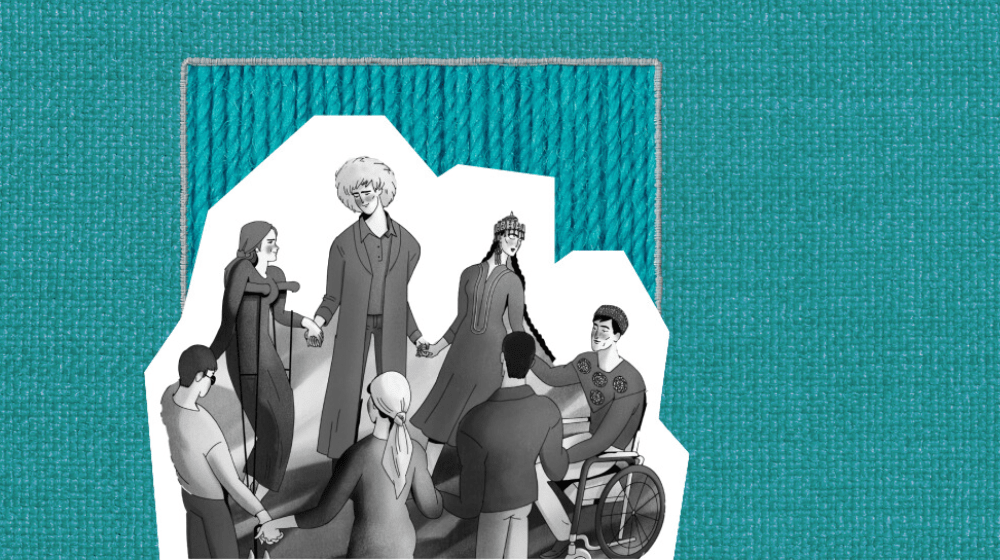Years ago, at a gynaecologist’s office in Ashgabat, Turkmenistan, Alia (name changed) and her husband were advised that it was “undesirable” for them to have a child because they were both blind. “How will you be able to take care of a child? How will you raise them, watch them?” she recalls being asked.
“They thought we wouldn’t be able to cope at all and suggested having an abortion,” Alia tells UNFPA. “But I disagreed. My mother is blind, too, and she raised all seven of us.”
Alia’s experience is tragically familiar among the one in five women globally living with a disability. Despite international agreements guaranteeing people the world over the freedom to make reproductive choices free from discrimination and coercion, women with disabilities often face a different reality, one in which prejudices drive health professionals, intimate partners and the public to question their capacity to make sexual and reproductive health decisions.
Research shows women and girls with disabilities are frequently confronted with discrimination around reproductive choices, barred from health services by accessibility issues and excluded from comprehensive sexuality education, especially in special education settings. And for some, that discrimination can even translate into forced sterilizations. Like Alia, many have been judged as ill equipped for pregnancy and parenthood.
UNFPA research in 2021 found that many people with disabilities in Turkmenistan were not able to access sexual and reproductive health services and information. To meet their needs, UNFPA and the Society of the Blind and Deaf of Turkmenistan created sexual and reproductive health videos accompanied by sign language interpretation. The videos, available online and via flash drives, cover topics such as puberty, family planning and safe motherhood. Plans for a mobile app are in the works.
Women reported the resources taught them they could access contraceptives and pregnancy care free of charge. They also appreciated the materials’ inclusion of contact information for different clinics and service providers. These steps and others are making the country a more inclusive and just place to be a pregnant woman living with a disability.
Still, Alia says more must be done: “It is necessary to increase the knowledge of medical staff so that we are accepted and treated like everyone else.”
Meanwhile, she has embraced parenthood while living with a visual impairment, like her mother before her. “I knew I could do it,” she says.



